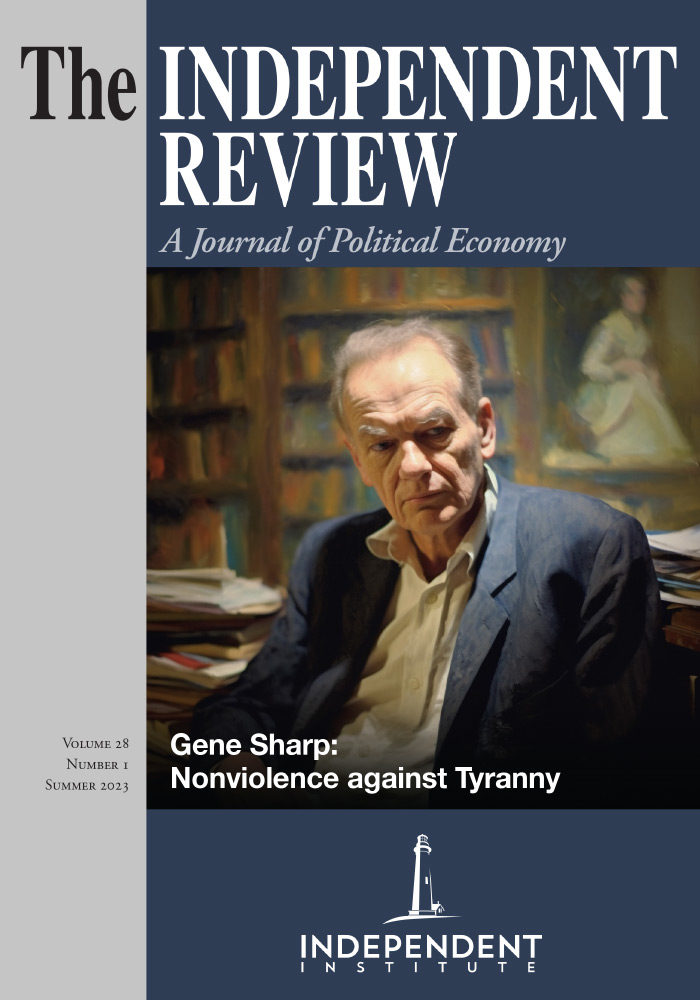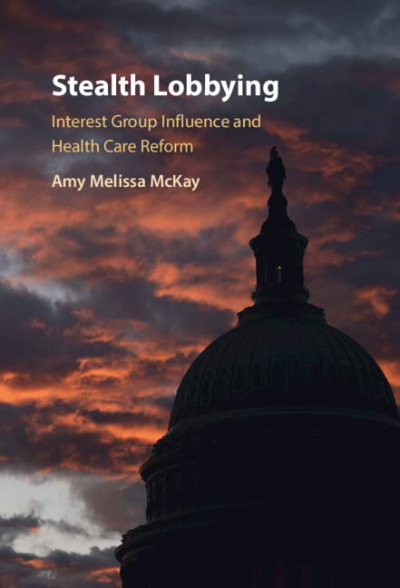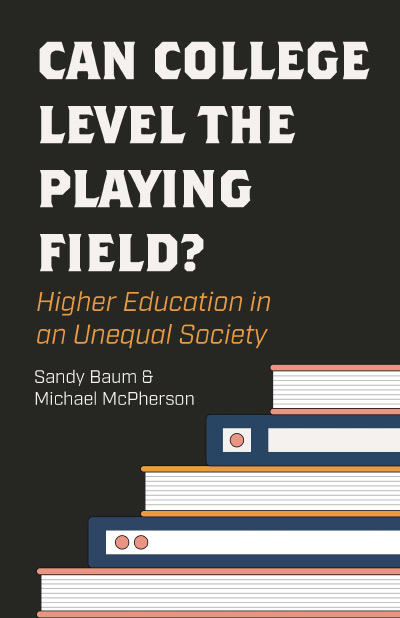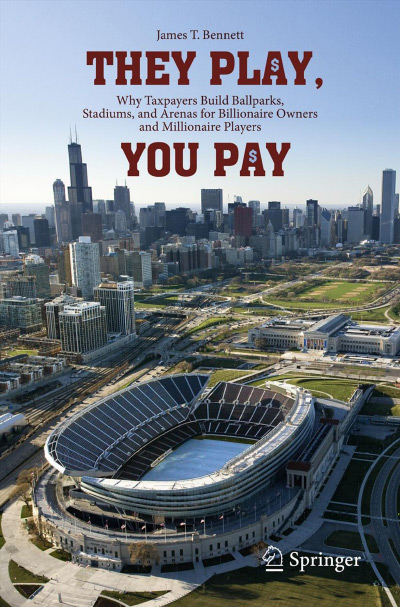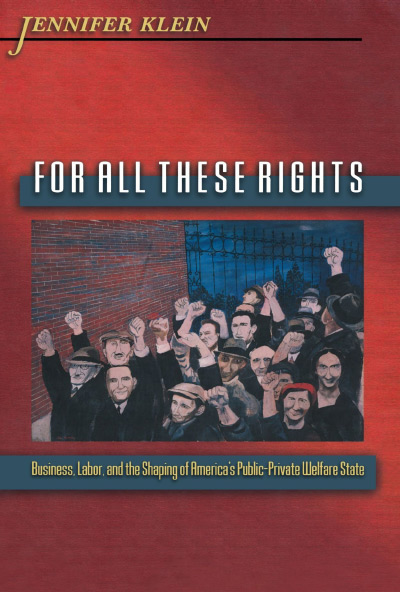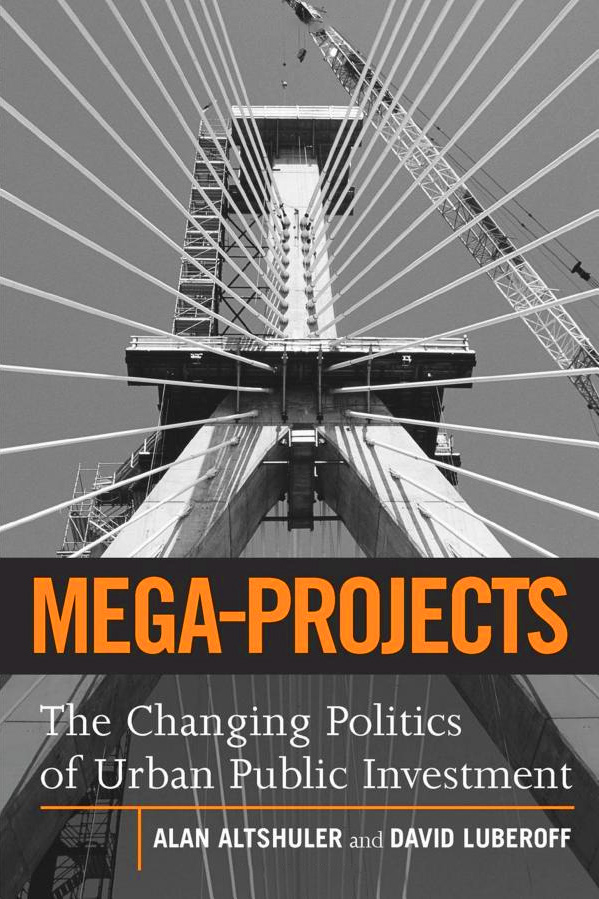The problem with research on lobbying is that a lot of things can all be true at the same time, and it blows people’s minds. Many people have the perception that lobbying distorts public policy, resulting in outcomes very different from what observers imagine would happen in a “New England town meeting” setting with perfect information and direct representation of interests.
That’s quite true, to be fair, but the ideal they imagine doesn’t actually exist, and couldn’t exist at a scale required to govern a nation. So, it’s also true that it would be almost impossible for national politics to accomplish anything without lobbyists. In fact, lobbyists are perhaps the single most important source of information in many policy debates.
Finally, there’s a truth that many people either deny, or choose to ignore. Overall, in equilibrium, the net effect of most campaign spending is negligible. Since this is so hard for most folks to believe, let me explain: imagine that there is a tug of war, with high stakes for the winners and losers. Both sides tug and strain with all their might, and recruit more people to be on their side, pulling. The result is that neither side wins, or that if one does win it doesn’t win by much, and it doesn’t win quickly. The net effect is the difference between the lobbying efforts, but since each side is reacting to the other the net effect is much smaller than you might expect.
Of course, you could argue that this is all a big waste of resources. But there are three reasons that’s not really right. First, remember that lobbying efforts are producing lots of information, in an adversarial process that members of Congress and bureaucrats can use to make better choices. Second, the total amount spent on lobbying and campaign contributions is comparable to what we spend on advertising yogurt, toothpaste, and dish detergent. Is that a lot? (No.) Is it important to allow everyone to have a voice in politics, even if it is a lot? (Yes.) Third, there is a strong inverse relation between the willingness of a member of Congress, or a top bureaucrat, to be lobbied and that person’s ability to influence policy.
Amy McKay has pulled together a substantial amount of research, much of which she herself contributed to in published papers. There are three main themes to the book:
- Lobbyists are more influential when public attention to the policy, or the political “salience,” is less.
- Lobbyists are more influential when they make themselves useful to politicians.
- Collectively, lobbyists’ money has little net effect on public policies. But, because of the “inverse pull of access and resources” hypothesis, the least informed, least influential members are those who receive the most attention and information.
A substantial focus, and the source of the book’s title, is what McKay calls “stealth lobbying,” by which she means the organizing of fundraising events for members. The novel part of this work is something that most people would have shied away from because the data collection requirements alone are daunting. McKay finds that there seems to be a substantial causal relation between (a) the organizing and holding speeches, lunches, or other fundraising events and (b) the introduction, co-sponsorship, or active support of legislation favored by the “stealth” group that organized the events.
The technique she uses to identify the similarity between the lobbyists’ goals and the members’ actions is so obvious it hadn’t occurred to me: plagiarism detection software. The lobbying entity has a set of talking points, and suggested language. And then the legislation that is introduced likewise has language. This is not a measure of plagiarism, of course, since the member has the enthusiastic permission of the lobbyist to use the language without attribution. But it is an excellent measure of influence, and McKay marshals the evidence very persuasively.
The “case” used in the book is the adoption of the health care reform legislation in the latter part of the Obama administration. But the model, and likely the conclusions, are quite general. This book is a nuanced and careful contribution to our understanding of the role and effects of lobbying in an advanced democracy.
| Other Independent Review articles by Michael C. Munger | ||
| Fall 2024 | Tax Turmoil: A Dia Fenner Economic Thriller | |
| Fall 2024 | Retrieving Liberalism from Rationalist Constructivism, Volume I; Retrieving Liberalism from Rationalist Constructivism, Volume II | |
| Fall 2024 | The Dispersion of Power: A Critical Realist Theory of Democracy | |
| [View All (83)] | ||

